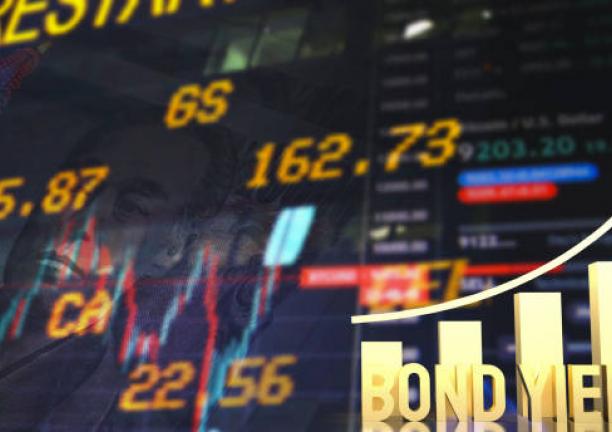The Bottom Line: The launch of BlackRock’s LifePath ESG Index Funds expands sustainable target date funds segment and may stimulate further growth beyond $4.3 billion.
Launch of BlackRock LifePath ESG Index Funds expands sustainable target date funds segment and may stimulate further growth
With the launch on August 18th of the BlackRock LifePath ESG Index Funds, a series of ten target date funds consisting of affiliated passively managed mutual funds and ETFs ranging in target dates from 2025 to 2065, the firm’s investment management arm expanded the small universe of sustainable target date registered mutual funds. Now enlarged to three firms offering a total of 25 funds with 50 share classes and $4,301 million in assets under management, BlackRock is the first company to base its offering almost entirely on low-cost passively managed funds designed for retirement plans as well as individual investors seeking to achieve specific intermediate to long-term investment goals via diversified sustainable investment options. This development may stimulate further growth in the segment that has otherwise experienced limited advancement in terms of investment firm offerings and assets under management that have gained just $1.5 billion in the last three years.
Beyond distinctive methodologies for establishing glide paths that serve as a basis for shifting equity and fixed-income allocations or riskier to less risky positions over time, BlackRock’s new offering distinguishes itself in three key ways. First, it relies almost exclusively on passively managed ETFs and mutual funds. These include various iShares MSCI ESG ETFs, several non-ESG ETFs as well as the BlackRock Treasury Cash Fund. Second, the fees charged in the form of expense ratios applicable to individual and institutional investors are the lowest of the three target date funds currently on offer. Refer to Table 1. Third is BlackRock’s approach to sustainable investing. For a majority of the fund’s assets (exceptions, for example, apply to the conventional iShares Developed Real Estate Index Fund), the sustainable investing strategy combines exclusions with the integration of environmental, social and governance (ESG) factors into stock selection, based on ESG opinions provided by third-party MSCI. In particular, excluded securities are companies involved in the business of tobacco, companies involved with controversial weapons, producers and retailers of civilian firearms, companies involved in certain fossil fuels-related activity such as the production of thermal coal, thermal coal-based power generation and extraction of oil sands based on revenue or percentage of revenue thresholds for certain categories. Also excluded are companies that are involved in very severe business controversies, as determined by MSCI. Otherwise, the investable universe consists of companies with higher ESG ratings within each industry segment, subject to maintaining risk and return characteristics similar to each relevant underlying index. Refer to Table 1.
| Investment Manager | Portfolios | Start Year | Assets ($MM) | Expense Ratios | Sustainable Investment Strategy |
| Guidestone Capital Management, LLC (a unit of Guidestone Financial Resources) | Affiliated underlying active and passively managed GuideStone mutual funds ranging in target dates from 2015-2055 that are advised by external independent investment managers. | 2006 | 4,219.3 | Range from 0.50% to 0.75% | Values-based/Exclusions. Funds may not invest in any company that is publicly recognized, as determined by Guidestone Financial Resources of the Southern Baptist Convention, as being in the alcohol, tobacco, gambling, pornography or abortion industries, or any company whose products, services or incompatible activities. |
| Natixis Advisors, L.P. (a unit of Natixis, a French-based firm) | Affiliated underlying actively managed mutual funds ranging in target dates from 2015-2060 that are advised by affiliated investment managers (examples include Loomis Sayles and Harris Assoc.) | 2017 | 61.7 | Range from 0.55% to 0.60% | ESG Integration, Exclusions and Thematic Investing. Implementation of ESG strategies may vary across underlying funds. Certain ESG strategies may also seek to exclude specific types of investments. Range of underlying funds also includes thematic funds, such as funds investing in green bonds or carbon neutrality. |
| BlackRock Fund Advisors (a unit of BlackRock, Inc.) | Affiliated passively managed mutual funds and ETFs ranging in target dates from 2025 to 2065 as well as a Retirement fund option. | 2020 | 20.0 | Rangefrom 0.20% to 0.50% | ESG Integration, Exclusions. The majority of the investable universe consists of companies with higher ESG ratings, subject to maintaining risk and return characteristics similar to the underlying index. For each industry that makes up a sustainable index fund, MSCI identifies key ESG issues that can lead to unexpected costs for companies in the medium to long term. See above for exclusions. |





